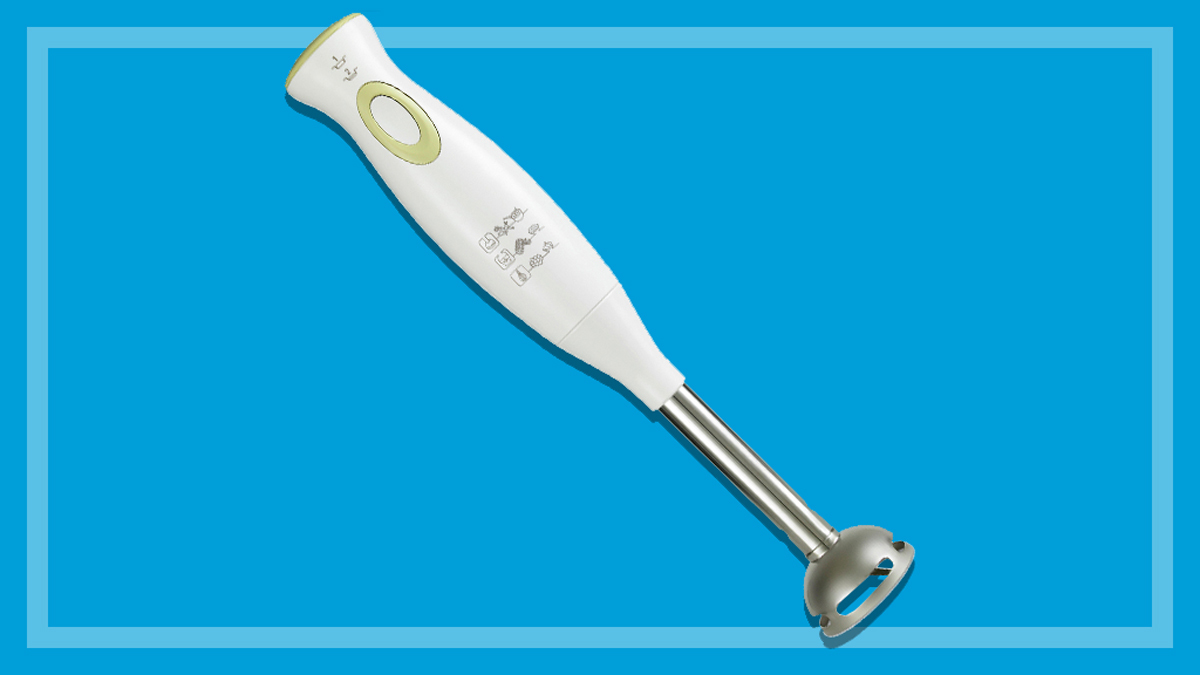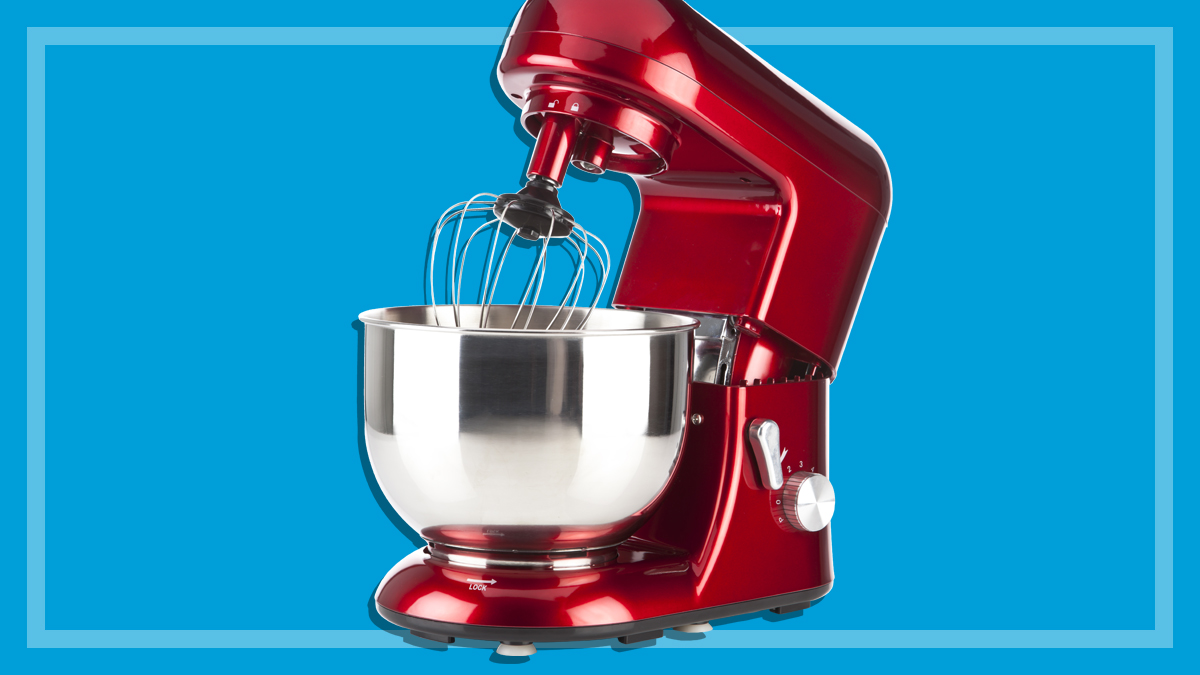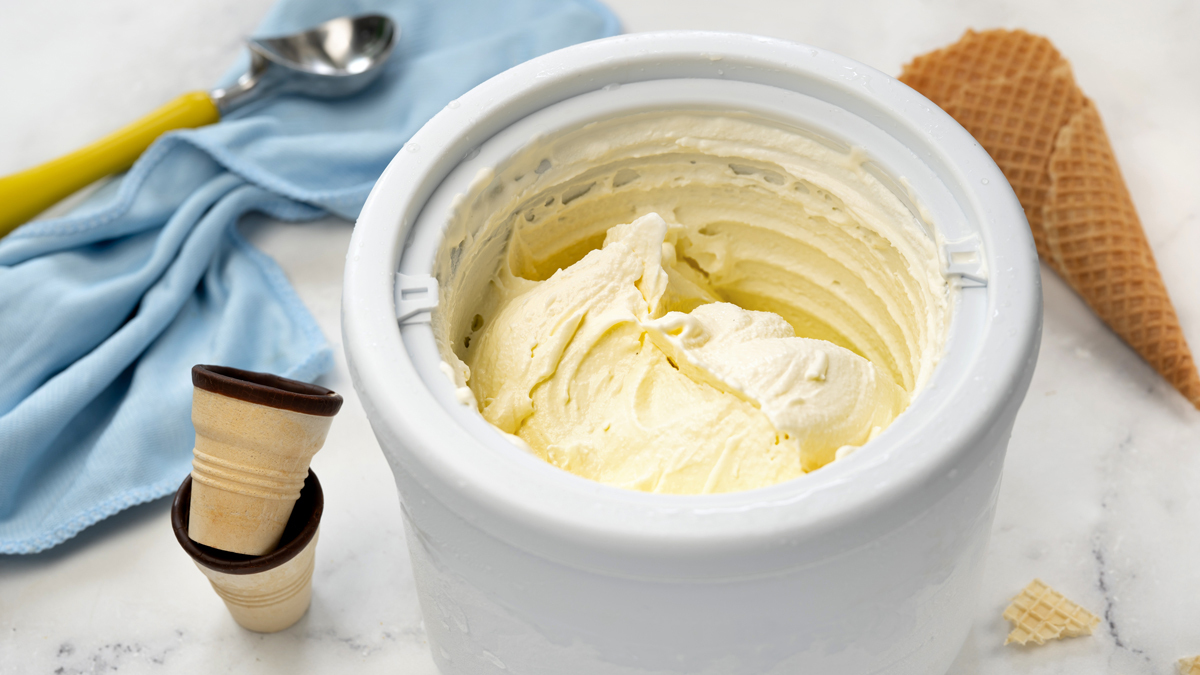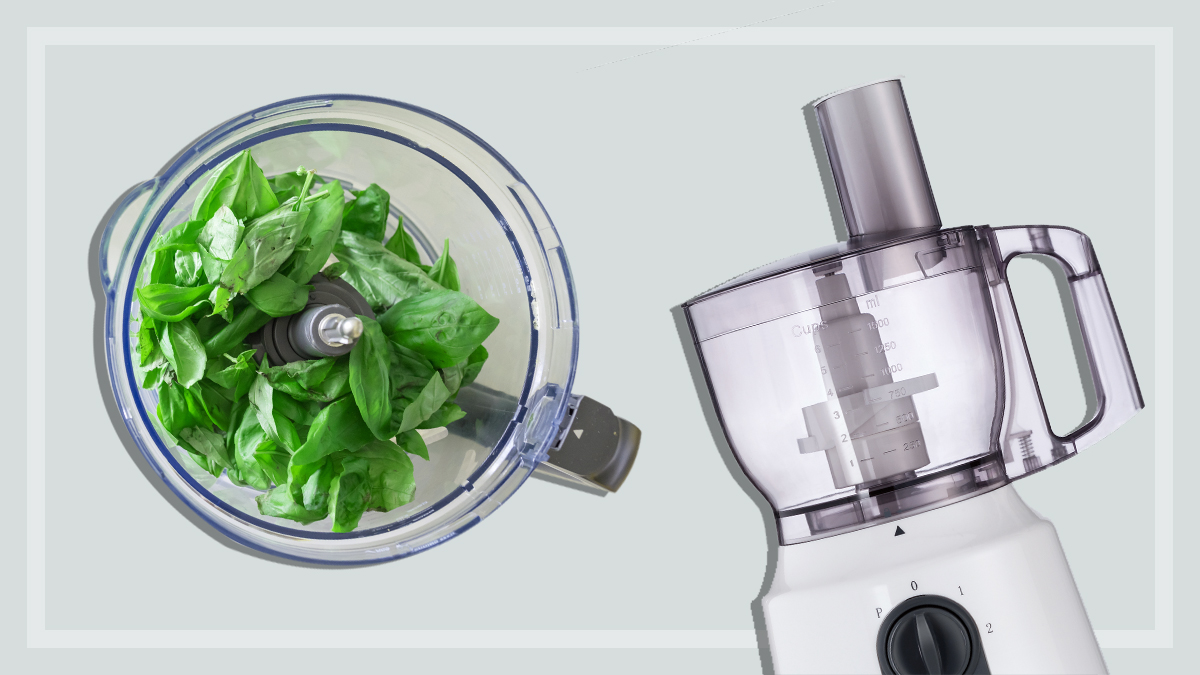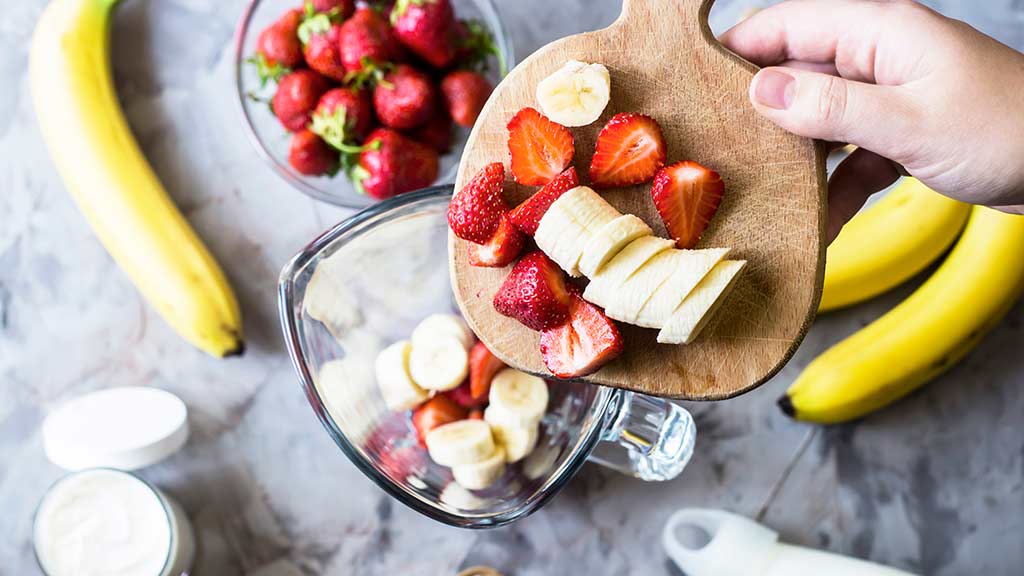Get our independent lab tests, expert reviews and honest advice.
How to buy the best stick blender
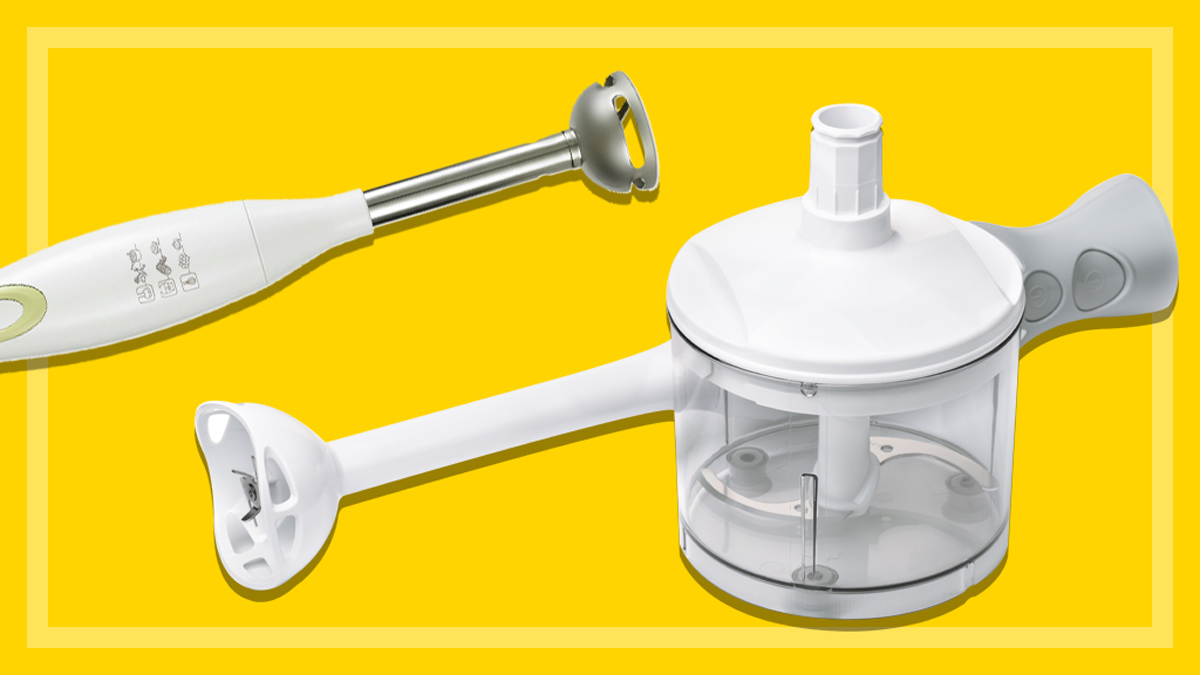
Smaller, lighter, cheaper and easier to use than a blender, a stick blender – also known as a hand blender – can make you a whiz in the kitchen. It’s a handy appliance to have in arm’s reach for quick jobs, and you might even save money if you’re making more things from scratch (and you’ll definitely save time if you’re used to doing everything by hand).
On this page:
- What are stick blenders used for?
- Can you whip cream with a stick blender?
- Can a stick blender crush ice?
- What features should you look for?
- How much do stick blenders cost?
Be left with less washing up
Because you can purée, whip or emulsify ingredients directly, you won’t need to transfer from one bowl to another – which cuts down on all that washing up. If you can make salad dressings, baby food, smoothies and sorbet as easy as that, think how much more often you might cook!
A stick blender will also save you from heavy lifting, as you won’t need to lug your full-sized blender out of the cupboard every time you need to whiz something up.
What are stick blenders used for?
A stick blender is a convenient and versatile kitchen appliance, perfect for quick jobs like:
- blending soup
- puréeing baby food
- making mayonnaise and other sauces.
Those that come with the additional processing attachment are even more versatile and broaden what you can do with them, giving you the ability to do small processing jobs like making pesto and chopping veggies with little hassle.
Can you whip cream with a stick blender?
Whipping cream with your stick blender is fast and easy. Our home economist, Fiona Mair, says to simply place the cream in a glass jug and away you go. Move your stick blender in an up-and-down motion to incorporate air into the mixture and if your stick blender has a lower speed setting, use it. You may need to stop and stir the mixture halfway through but it doesn’t take long so take care not to over-whip your cream.
Can a stick blender crush ice?
Some manufacturers will say you can crush ice using your stick blender, but we don’t recommend it as it could dull the blades and overwork the motor. Fiona says it can be easier to place ice in a bag and hit it with a rolling pin.
What features should you look for?
Grip
The stick blender needs to have a comfortable grip that’s easy to hold. A non-slip grip will make it less likely that the blender will slip from your grasp while you’re whizzing up an oily aioli.
Controls
Look for sealed controls which will make it less likely for food to get into any crevices.
Attachments
Some models come with a whipper/beater attachment specifically for whipping cream and beating egg whites. For some it’s a large whisk, while for others it’s a disc-shaped attachment.
Cord
The power cord shouldn’t get in the way of your hand when holding the stick blender.
Pulse function
This is a common feature and gives a short burst of power. It’s useful for small quantities of dry foods, to help distribute the load and encourage an even consistency.
Jug/beaker
A tall, narrow jug/beaker is useful for puréeing or blending things like soups and smoothies without making a mess.
Wall mount or storage base
This is useful for easy-to-access storage of the blender and accessories.
How much do stick blenders cost?
We’ve tested stick blenders that range in price from $39–399.
You don’t need to spend big on a stick blender, as even the cheapest will blend the basics, but you may want to dish out a bit more if you want a quality product that will go the distance.

